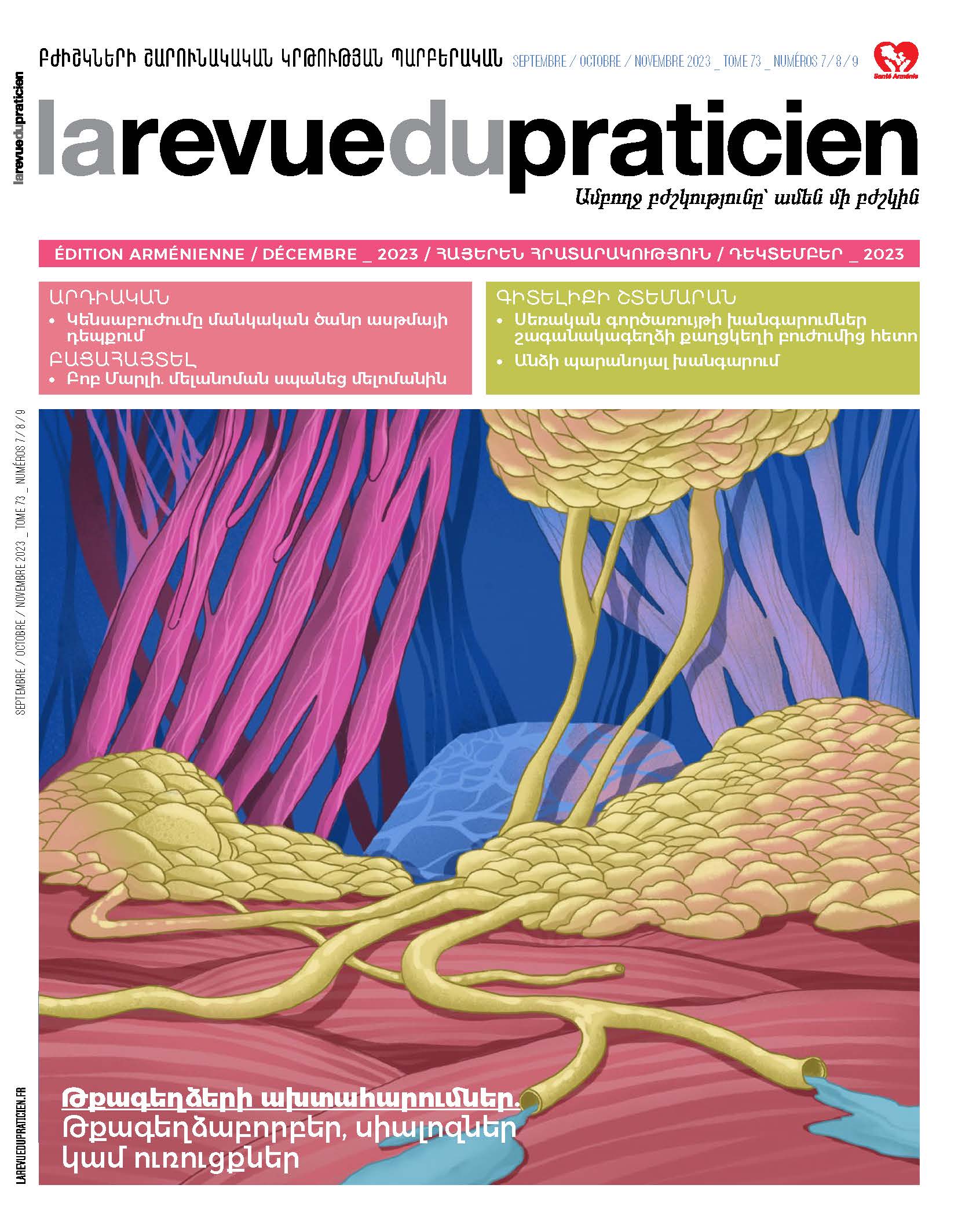Sexual dysfunction after prostate cancer treatment 93
Ala Chebbi.Abstract
Changes in sexuality after prostate cancer treatment are very common, significantly impacting quality of life. Psychologically, body image, self-esteem and interpersonal relationships are negatively affected. The main treatments for prostate cancer (prostatectomy, radiotherapy, hormone therapy) lead systematically to sexual dysfunctions: erectile dysfunction, low libido, orgasmic dysfunction, sexual incontinence, loss of penile length and girth, penile curvature. In addition to the lifestyle modification strategies, clear and appropriate information on sexual dysfunction secondary to prostate cancer management and on treatment should be provided during a dedicated consultation. The treatments include pharmacological and non-pharmacological treatments, particularly surgery, with the aim of minimizing the negative impact of prostate cancer treatments on sexual function
